
Poland Can Fight Alone for Two Weeks, Then Would Need Allies – Security Official
Poland could repel a potential Russian attack without allied support for no more than two weeks, as its ammunition stocks would last only that long.
Gen. Dariusz Łukowski, National Security Bureau chief, voiced such an opinion in an interview with Polsat News.
Łukowski was asked how long Poland could defend itself against a potential assault from Russia’s Kaliningrad region or Belarus. He estimated the country could hold out for one to two weeks, given current stockpiles.
“I think that, depending on how the battle is fought, with today’s reserves, defense could last a week or two,” he said.
The Head of the Bureau was asked whether these reserves could really be enough for only five days of combat operations.
He also was asked whether Poland’s supplies would be exhausted after just five days of combat.
“This is possible in many areas, types of ammunition, but we cannot say that we have the same situation with all types of weapons,” Lukowski replied, clarifying that the situation varies depending on the type of weaponry.

Łukowski noted that Poland’s armed forces still rely on a mix of old and modern weaponry, with ammunition shortages primarily affecting older systems.
“We hope that in the two to three years gained thanks to Ukraine’s resistance, we will restore enough capability to effectively counter Russian aggression,” he said.
Donald Tusk, Poland’s Prime Minister, recently announced that the number of troops deployed along the border with Belarus had been increased to 11,000.

In early March, Tusk introduced a voluntary military training program open to all adult men.
While a majority of Poles supported mandatory military training in a subsequent survey, most did not want to participate themselves.
The survey also showed that older respondents were more likely to favor military service. Among those aged 24 and under, only 35% supported the idea, while 38.7% opposed it.
SUPPORT MILITARNYI
Even a single donation or a $1 subscription will help us contnue working and developing. Fund independent military media and have access to credible information.


 Вероніка Грищенко
Вероніка Грищенко 
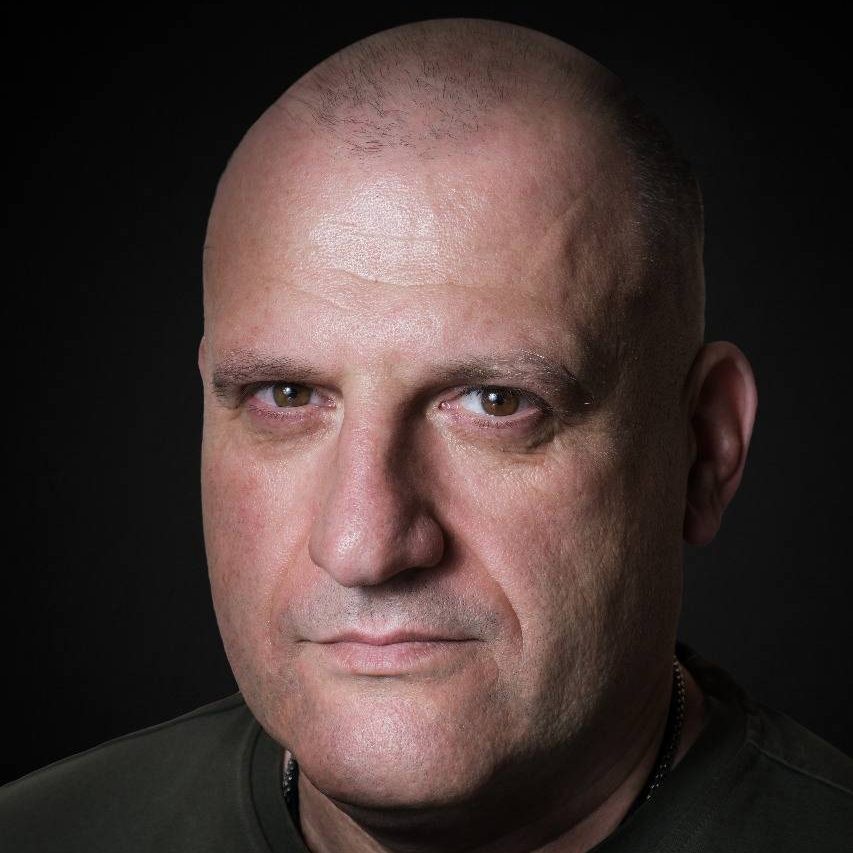 Андрій Соколов
Андрій Соколов 
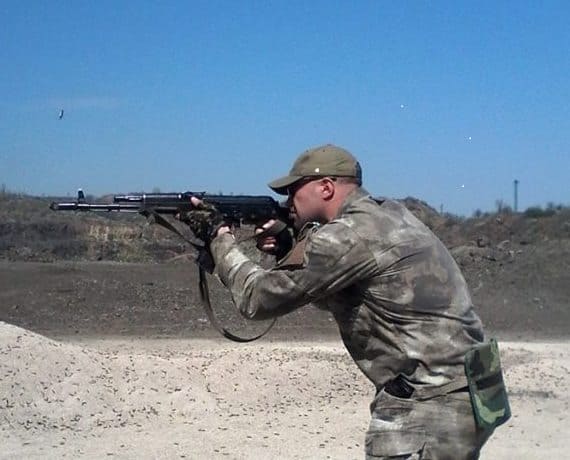 Urich
Urich 
 Андрій Харук
Андрій Харук 
 Контужений Безпілотник
Контужений Безпілотник 
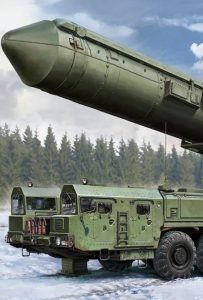
 Центр ініціатив ПЖ
Центр ініціатив ПЖ 
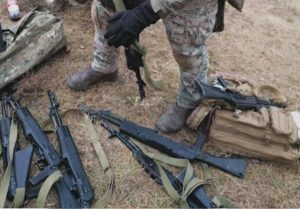
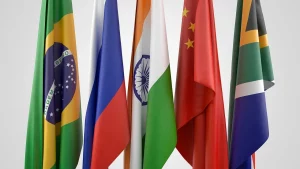

 Vadim Kushnikov
Vadim Kushnikov 
 Андрій Тарасенко
Андрій Тарасенко 
 Юрій Юзич
Юрій Юзич 




